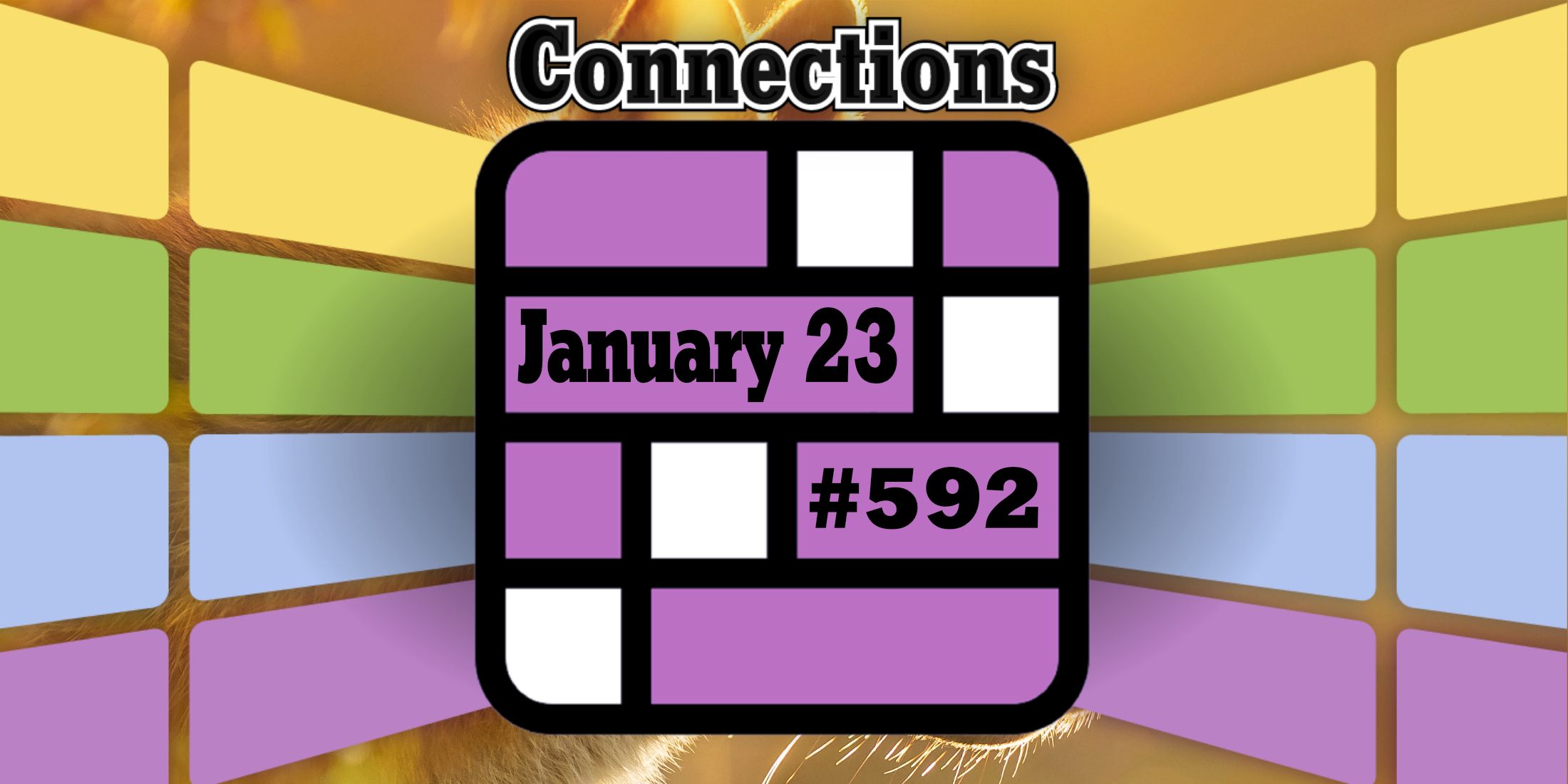It didn’t take long into a key Labor Innovation & Technology Summit panel before the prevailing sentiment among Hollywood workers was given voice.
“The fear of replacement is very real at this moment and in this room,” said Linda Powell, EVP of SAG-AFTRA and moderator of the session, titled “Negotiating AI Contracts: How Unions Can Advance All Protections Across Sectors.”
Duncan Crabtree-Ireland, SAG-AFTRA’s National Executive Director & Chief Negotiator, noted the positioning of the LIT Summit during CES, the major tech confab where a range of AI wares are on display. “CES has helped us identify trends coming down the road and separate the wheat from the chaff” in terms of focusing resources and energy, he said. NFTs, he noted, “were the last thing everyone was freaking out about” but labor leaders were able to see it lose steam among the technorati.
“Complete transparency” is crucial when negotiating AI contracts, Crabtree-Ireland emphasized. Case in point, when contracts are hammered out, even with smaller players, the final version is published online, a lesson he learned when SAG-AFTRA failed to do so last year.
On a more conceptual level, Crabtree-Ireland said, “we don’t have the choice of stopping the technology from happening.” He continued, “If we’re going to make the most of the leverage of power that we have at unions, we can’t just be against the technology. Because that didn’t work with the invention of electricity, or the internet, or the VCR.”
In 2023, both actors and writers made AI protections a key objective in their bargaining, fueled by the introduction of OpenAI’s updated version of ChatGPT, which kicked off debate across society and in business about its impact. The overriding concern in the already-battered entertainment business is that IP could be used to train AI, diluting the value of creative work and compromising the privacy and identity of individual members of the creative community. While a large portion of the panel centered on takeaways from the 2023 talks, the session also assessed the stances being assumed ahead of the next round, which will arrive in a little more than a year.
Sam Wheeler, Writers Guild of America East Executive Director, offered a “disclaimer” that he started at the WGA in April 2024, months after its watershed contract resolution. He also confessed to having gotten “egg on my face” in his prior position with a large ballet union, minimizing the threat to members, only to see the unsettling results when one of the members fed images and video of dancers into an AI-driven application. That experience reminded him of the importance of continually reading the room and understanding members’ perspectives. “We can’t negotiate contracts on autopilot,” he said.
Russell Hollander, DGA Executive Director said many members see upside in AI technology, citing Jon Favreau and Robert Zemeckis as two examples. Even so, he said, negotiations seek to cover AI skeptics or even outright opponents in the ranks. Consultation rights, a common provision in collective bargaining agreements designed to protect directors, are sometimes thought of as a minor element in the overall scheme of things, but contractually guaranteed consultation in terms of how AI is used is a useful protection, he said.
Crabtree-Ireland drew applause from the crowd by expressing disdain for the urging of studios and streamers to “just trust us” when it comes to responsible use of AI. After saying that to unions, he said, they push for provisions on AI to be removed. “If you say we should trust you, why don’t you want to put that in writing?” he asked. One of the takeaways from 2023, he added, was how well it worked to “call them out publicly” when studios and streamers made missteps with AI.
Powell raised the topic of solidarity, which was a major theme during the 2023 strikes as well as the leadup to them. “If we can determine that there are common priorities, signaling that far in advance of negotiations with the employers helps whatever union is up first to achieve that because they know it’s important to the other unions,” Hollander said. “Solidarity doesn’t begin when negotiations fail. Solidarity is something you have to work on every single day.”
Crabtree-Ireland said things have been progressing well on the solidarity front. “Since the start of the pandemic, we have been on a trajectory in the entertainment industry that begins to have deeper and stronger solidarity than we ever have before. And that’s not to say that it’s perfect, and it’s not to say that mistakes don’t get made. … But the type of communication and collaboration that we have has served our members well.”
The DGA, he noted, had reached a deal before SAG-AFTRA and WGA did. Even so, “they were out on the picket lines with us. Russ was personally out there multiple times.”









 English (US) ·
English (US) ·